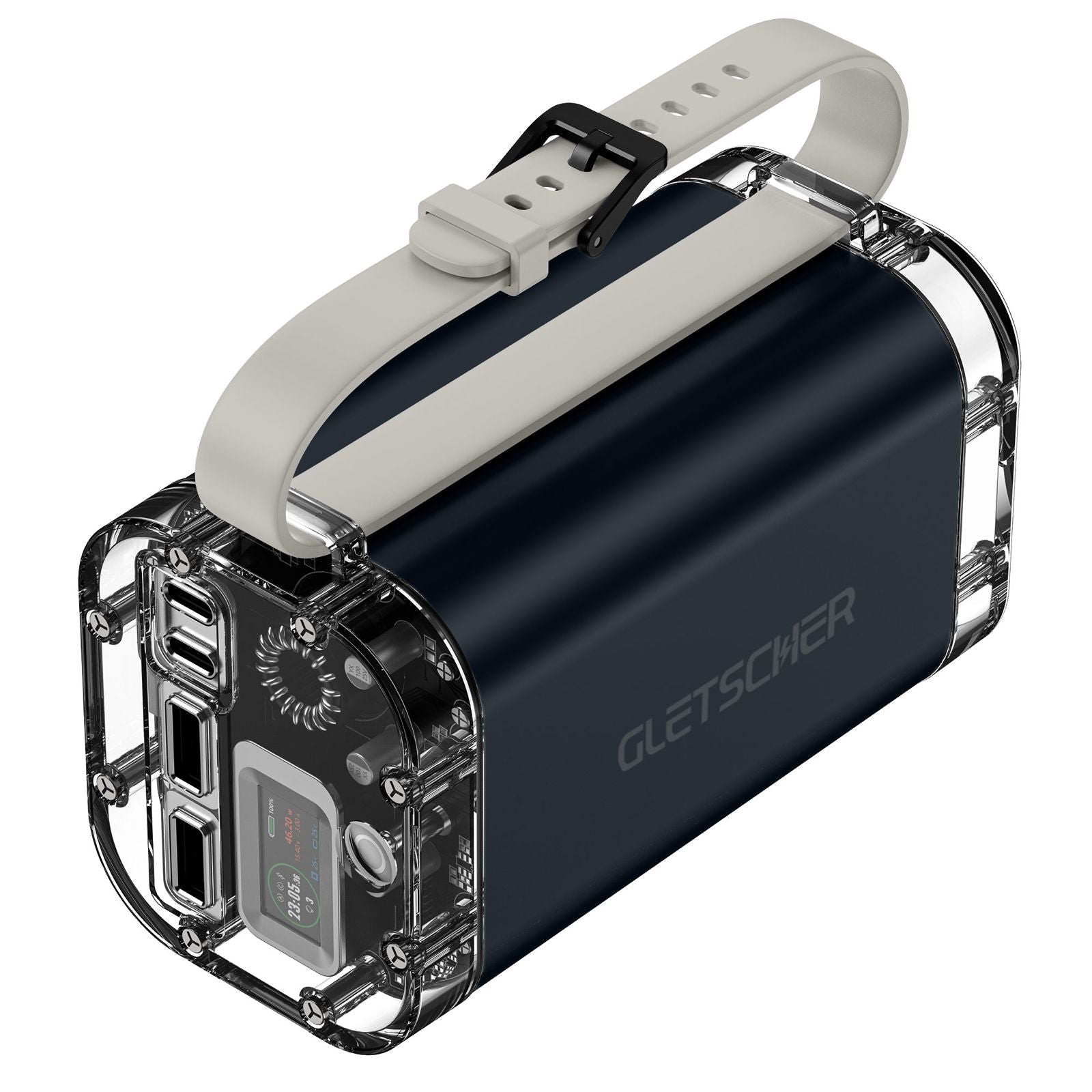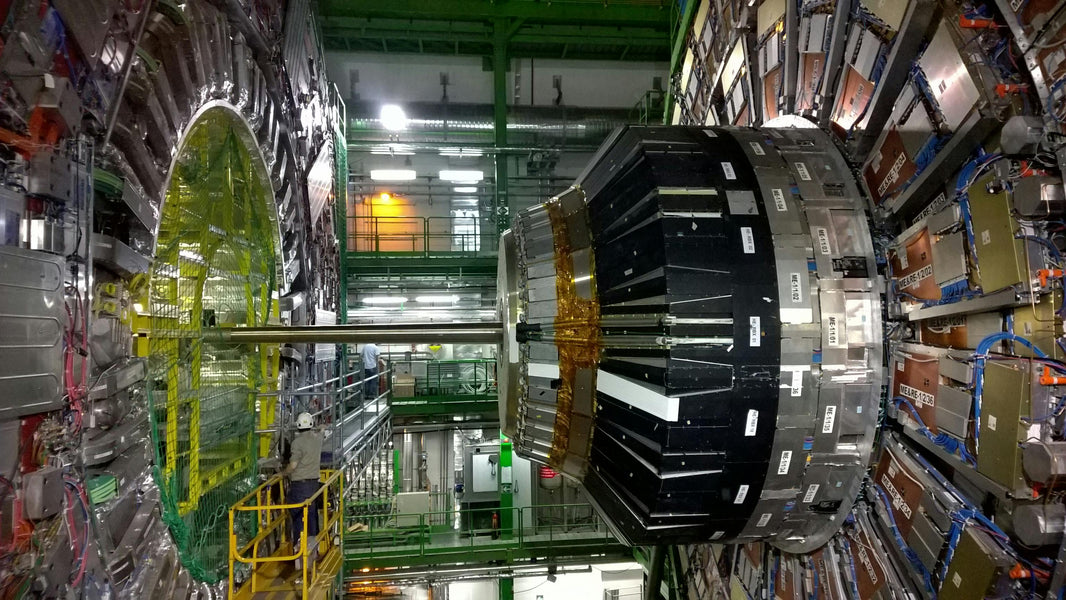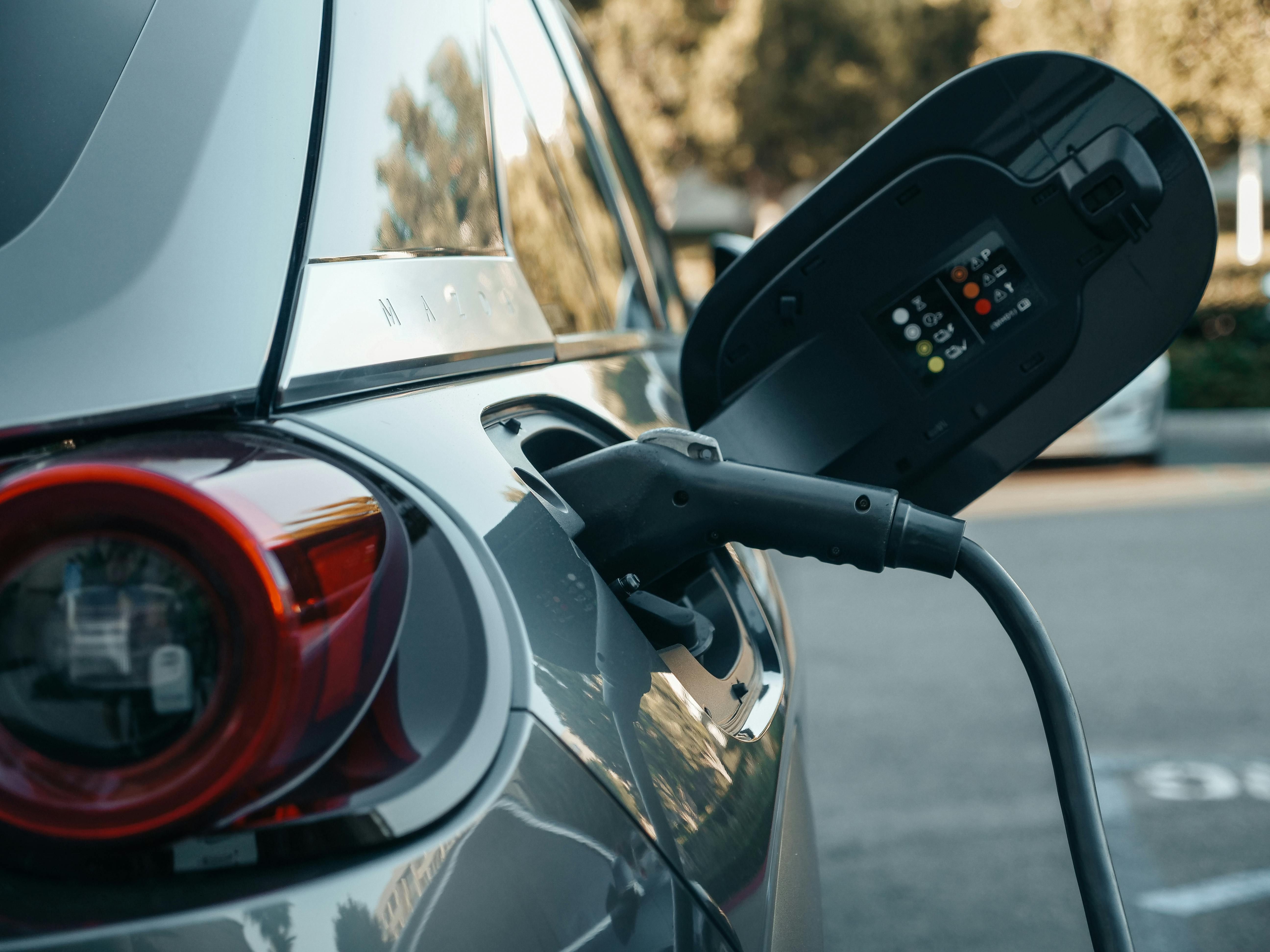In an era where milliseconds can define outcomes—whether in scientific simulations or national operations—uninterrupted power is essential. Across the Middle East and Africa (MEA), universities, research centers, and government institutions face growing energy demands as they adopt AI workloads, high-performance computing (HPC), and digital command platforms. From data-intensive labs to defense infrastructure, the cost of power failure is simply too high.
This blog explores how advanced Uninterruptible Power Supply (UPS) solutions—like Gletscher Energy’s Vertra Series—are enabling MEA institutions to meet their goals for uptime, energy efficiency, and resilience.
The Challenge: Rising Demand Meets Aging Infrastructure
Today’s compute-intensive environments require uninterrupted, clean energy. Yet many legacy systems are ill-equipped to support the next generation of research and public services.
Power failures in these environments carry serious consequences. In AI labs, even a brief outage can corrupt massive datasets and disrupt weeks of computation. Disaster response centers depend on real-time systems where delays can cost lives. Meanwhile, government-run platforms that house national records or coordinate operations must maintain constant uptime to safeguard data integrity and public trust.
Unfortunately, older power systems often fall short. Many suffer from low conversion efficiency and inconsistent voltage regulation. Their batteries degrade quickly under high loads, infrastructure is difficult to scale, and monitoring capabilities are limited or nonexistent. These technical limitations introduce high risk in settings where reliability is non-negotiable.
The Gletscher Energy Solution: Vertra Series Uninterruptible Power Supply
Gletscher Energy’s Vertra Series addresses these issues with UPS systems engineered specifically for mission-critical environments. At the core of Vertra’s architecture is its online double-conversion technology, which ensures zero transfer time and delivers continuous, conditioned power, critical for sensitive digital systems. Institutions can choose between LiFePO4 and VRLA battery chemistries, balancing long lifecycle performance and cost-efficiency depending on operational needs.
The system is modular and scalable, capable of supporting configurations from 5kVA to 500kVA. This flexibility is ideal for institutions that are scaling over time, such as expanding research universities or ministries undergoing phased digital transformation. Every Vertra unit is IoT-enabled, allowing for real-time monitoring of battery health, load patterns, and system alerts via Gletscher Energy’s cloud dashboard. Predictive maintenance features also help reduce unplanned outages by identifying problems before they escalate.
For institutions with sustainability goals, Vertra can integrate seamlessly with Makellos Series solar panels or Onyx AIO energy storage systems. Whether it's about reducing grid dependence or achieving extended runtime during emergencies, Gletscher Energy enables customers to design energy ecosystems tailored to their goals.
Deployment Model: Smart, Scalable, and Compliant
Vertra is designed to accommodate the varied technical and regulatory landscapes of the MEA region. Its modular design makes it ideal for gradual deployments—whether supporting a pilot AI lab in a university campus or powering an entire command center in a metropolitan ministry. Institutions can start small and expand capacity as needed, without overhauling existing systems.
All Vertra deployments meet relevant international safety and performance standards, including IEC, EN, and UL certifications. For government procurement and public-sector infrastructure, this ensures full compliance while streamlining approval processes. Vertra systems can also be fully integrated with other building infrastructure components such as fire suppression systems, security networks, and building management platforms.
From planning to installation, Gletscher Energy offers both on-site support and remote diagnostics through its regional partner network. This dual approach guarantees that institutions not only receive a solution that fits their environment, but also benefit from long-term performance and service reliability.
Outcomes and Advantages: Power Built for Critical Purpose
By implementing Vertra, institutions gain more than just backup power—they gain continuity, efficiency, and insight. The system’s design eliminates unplanned downtime, keeping research labs, data centers, and critical operations online even during grid failures or extreme weather. Operating at up to 96% efficiency in double-conversion mode, Vertra helps reduce both energy costs and carbon emissions.
The real-time monitoring platform delivers granular insights into energy usage, enabling better planning and quicker fault resolution. When paired with solar panels or battery storage systems, Vertra can deliver backup runtimes ranging from minutes to hours, based on institutional needs. Its compatibility with high-inrush loads means it can easily support power-hungry equipment such as GPU clusters, radar systems, or imaging platforms without delay.
Why It Matters: Supporting National Visions Across MEA
Governments and institutions across MEA are aligning their infrastructure with ambitious digital transformation goals. From the UAE’s Vision 2031 to Saudi Arabia’s Vision 2030, energy resilience and data security are foundational to the next wave of public-sector innovation. Meanwhile, countries like Kenya, Nigeria, and Egypt are scaling national e-government platforms, disaster recovery capabilities, and satellite-based monitoring programs.
The region’s universities are investing in HPC alliances and cross-border research initiatives, all of which demand high availability and precision infrastructure. Without resilient power systems, these ambitious programs risk system failure, data loss, and reputational damage. Gletscher Energy’s Vertra Series provides the energy continuity that underpins this transformation.
Looking Ahead: Smarter Infrastructure for Smarter Nations
As energy and data needs in MEA continue to grow, institutions must adopt infrastructure that is not only reliable but intelligent. Gletscher Energy is engineering this future through AI-enhanced diagnostics, renewable-ready UPS designs, and integrated ecosystems that connect solar, storage, and control systems into one smart platform.
By delivering power systems that think, adapt, and protect, Gletscher Energy is enabling governments and research leaders to build infrastructure that lasts, without compromise. In a world where uptime defines progress, reliability isn’t optional. It’s engineered.









